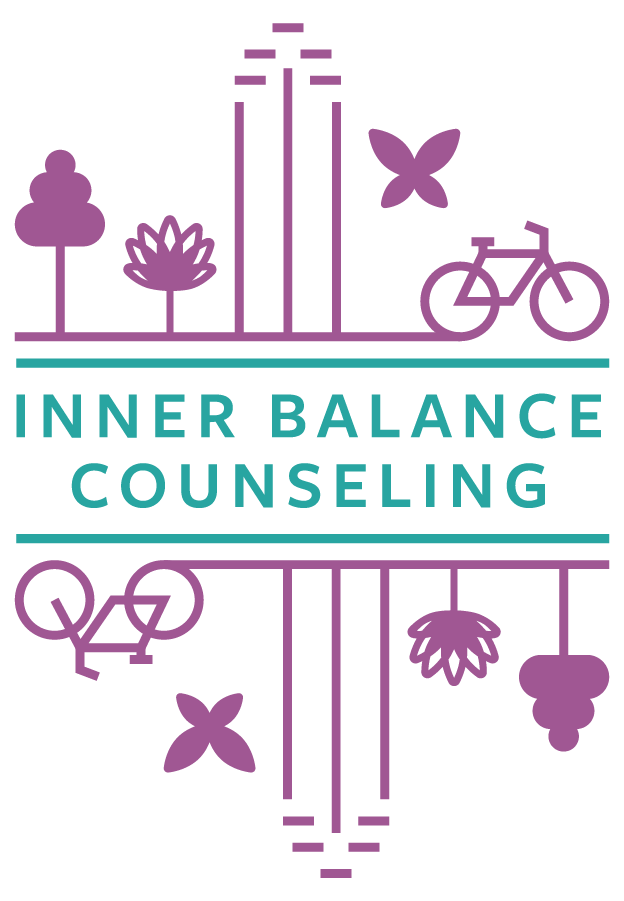Wondering if your child needs some extra support?
Parenting teenagers is challenging, and knowing when to reach out for help can be tricky. Teens often struggle to express their thoughts and feelings (especially with their parents), and may isolate or guard themselves to avoid perceived judgment or misunderstanding from others.
Some signs your teen may be struggling and could benefit from seeing a counselor:
Changes in sleeping and eating habits, such as sleeping through the day and staying up all night, avoiding meal times or only eating small snacks.
Falling behind in school or displaying apathy towards homework and extracurricular activities
Spending little time with close friends and/or avoiding social gatherings or events.
Making self-deprecating comments about themselves, their appearance, or their hobbies and interests.
Note: Teens go through a lot of changes during this phase of their lives, so one of these behaviors may not be indicative of a more serious problem. The biological changes they experience– like an on-rush of new hormones and rapid physical growth– often impact their appetites, moods, and sleep patterns. If you notice multiple behavioral changes that remain consistent over time, it may be beneficial to seek professional support.
The inner life of a teenager can be tumultuous and hard to navigate– having a therapist they trust can make a big difference.
Common issues your teen may focus on in therapy:
ADHD and executive functioning
Body image and self-care
Academic and sports performance anxiety
Effective communication skills with family, peers, and teachers
Mood regulation
Healthy dating
Effective boundary setting
Social pressure
Teens today are prone to depression and anxiety, and have endless ways to numb or ignore their pain. This makes it hard for a teen to recognize that they need some extra support. At Inner Balance, we acknowledge that our clients are the drivers of their treatment, and we empower them to take responsibility for their growth and healing. We offer a non-judgmental, compassionate space for teens to process issues that may be challenging for them to discuss with others.
Methods We Use:
Our therapist specializing in teens: Markie Nickens
A person-centered approach to therapy puts your teen in the driver’s seat. This approach allows teens to take the lead in sessions and process their thoughts and emotions at their own pace. Every teen is unique, and treated as the master of their own experience and world view.
Motivational Interviewing (MI) acknowledges that individuals are the experts of their life, and they have the power within them to effect change. When a teenage client is the one who identifies the solution to their problem, then they are more likely to implement realistic and sustainable change.
Cognitive Behavioral Therapy (CBT) addresses the relationship between thoughts, feelings, and behaviors. By identifying and reframing negative or unhelpful thought patterns, teens can positively alter their behaviors and actions towards others.
Dialectical Behavioral Therapy (DBT) helps teens understand and accept difficult or distressing feelings. This approach is especially helpful for teens who feel things very deeply. Teens learn to manage these intense feelings in a healthy way, and build confidence in their ability to make positive changes in their life.
Acceptance and Commitment Therapy (ACT) involves acknowledging and embracing the full range of your emotional experiences. Teens learn to work with their emotions rather than against them, like a fish swimming downstream rather than up. Teens learn to accept their feelings without judgment and stay focused on the present moment.
Has your teen had a traumatic or upsetting experience?
Trauma can have a huge impact on a teen’s development and wellbeing. At Inner Balance we address both the Little T and Big T traumas, understanding that no matter how big or small the experience may seem to someone else, the impact on our sense of safety in the world can be the same.
Big “T” traumas are the events most commonly associated with the word “trauma” or post-traumatic stress disorder: as abuse, violence, neglect, physical injury, life-threatening experiences, etc.
Little “t” traumas are distressing or upsetting events that affect someone on a personal level: divorce, bullying, moving to a new city or school, broken friendships, etc.
Research supports that addressing and resolving traumatic experiences with treatment can have a strong positive impact on a person’s recovery. Whether your teen has experienced big “T” or little “t” trauma, we are here to help them recover in a safe, supportive environment.


